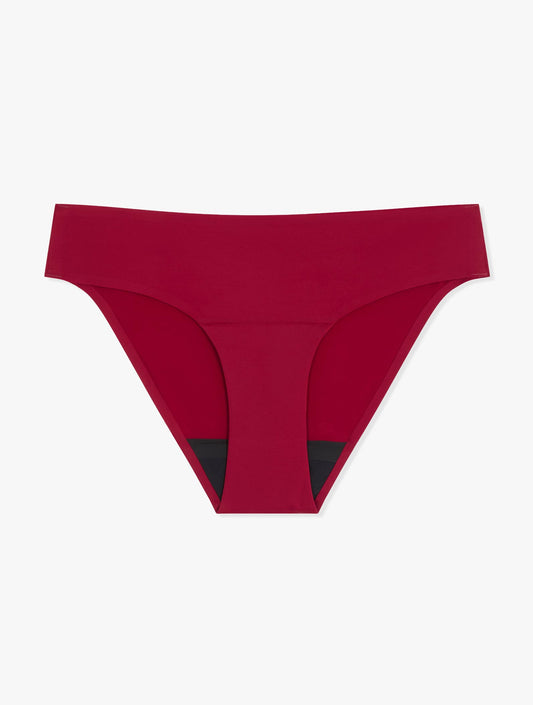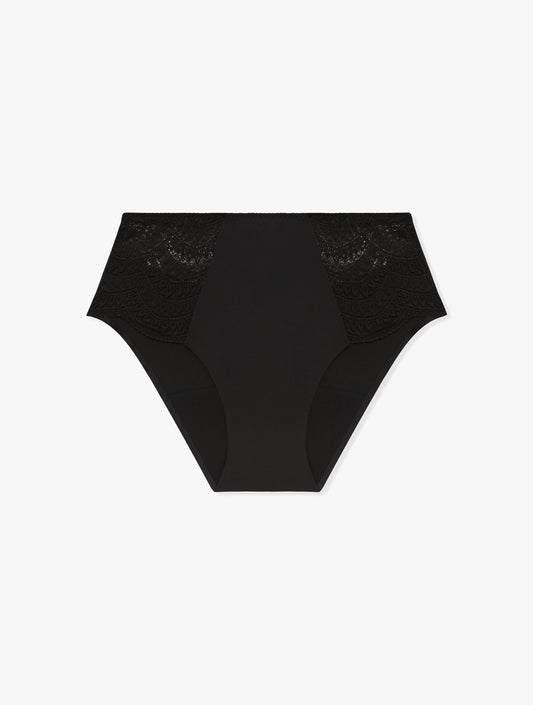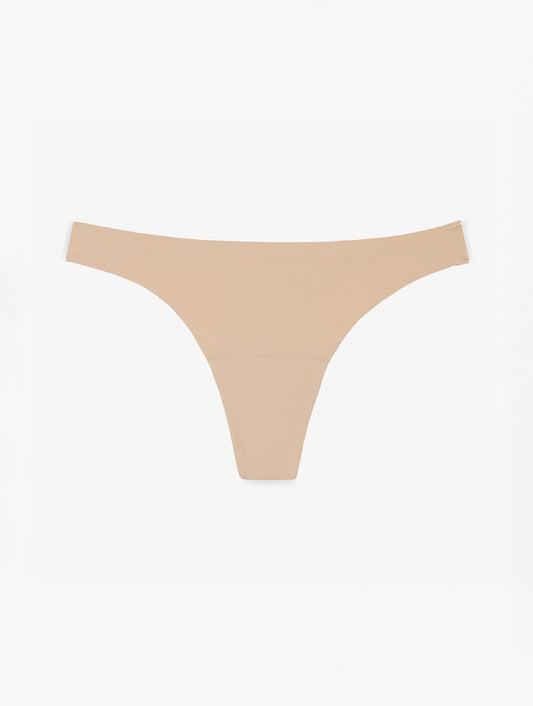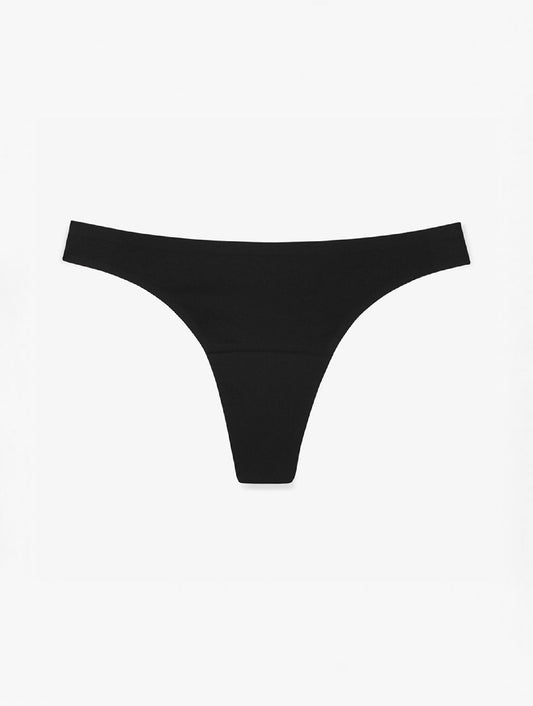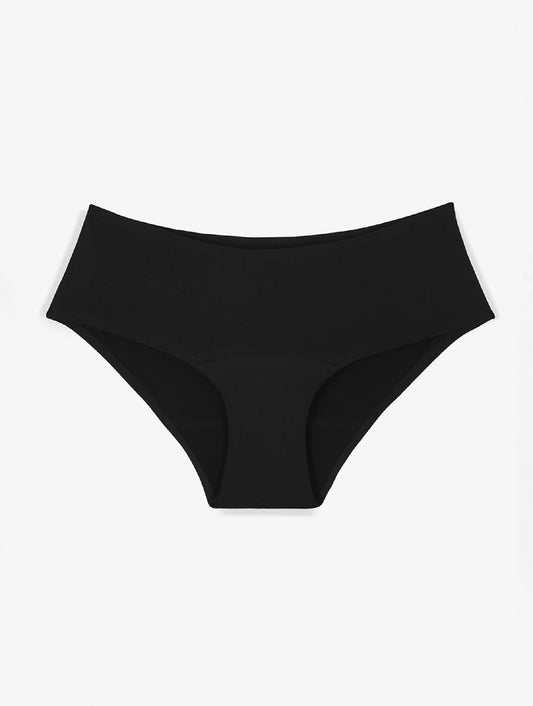How do you talk to your daughter about periods?
In order to allow your daughter to live her femininity well and all that that implies, it is important to leave a beautiful door open to communication to talk without taboos about puberty, sexuality, contraception, feelings and emotions... Periods also deserve explanations but also listening and understanding because this natural phenomenon can be misunderstood and badly experienced.



Hébé period panties for teens




When should you start the period conversation?
The average age of puberty has only been advancing for young girls in recent years and yours may experience her first period at the age of 8 or 10! So don't wait until he's 13 to start talking to him about it.
The ideal is still to start the conversation as soon as possible, as soon as your daughter has learned of the existence of menstrual bleeding. If, like many mothers, your young children can't help but follow you everywhere, even to the bathroom, they will quickly discover that you have your period every month. Children continually seek to understand the world around them, and it won't be long before they ask you about that blood.
How to talk about menstruation?
The first thing to do is to reassure your daughter: you are not injured and you are not in pain. Indeed, that is what she is likely to think in the first place. Seeing so much blood necessarily means to her that you are in pain and that it may even be serious. So you can tell him that you don't have any pain, just a little in the stomach if that's the case.
Then you can explain to her with very simple but correct words (call a spade a spade) that this happens every month to all women who do not have a baby in their womb. Emphasize the natural, normal look of menstruation. Add that she too will have her period one day when she grows up. Even if this conversation bothers you, try to stay "zen" to convey as little apprehension as possible to your daughter.
Show him by your attitude that it's not a big deal, that there is nothing to be ashamed of, to hide. On the other hand, avoid verbalizing this kind of negative feelings even to reject them. This could insinuate in her the idea that periods can be problematic from a personal or social point of view.
And if the discovery of the rules does not happen naturally?
You may not be comfortable with your daughter being able to see your period, even at a very young age. In this case, wait for her to bring up the subject herself. She may come across your wards or hear about it at school and will definitely ask you questions.
Again, approach the conversation as simply as possible and be sure to answer all his questions. Your daughter should not remain in doubt and ignorance of certain aspects that intrigue her, because it is often the lack of knowledge that inspires fear and rejection.
If the questions do not come, take the time to talk to him about it once he is 10 years old. Ask her first what she knows about the rules, then fill in the gaps with, this time, a more precise and complex vocabulary. At this age, she can fully understand the intricacies of the menstrual cycle . Do not hesitate to show him diagrams, videos.
Talk to her about the different hygienic protections available and offer to buy some so that she is ready on D-Day. You can make it a pleasant moment of shopping between girls and offer her the protections she has chosen in a beautiful Present box. Periods should be experienced as a happy passage to a life of expanded possibilities, not as a chore ora shame .
Young girls often dream of being taller and the onset of menstruation is a clear sign that they are becoming women. So rejoice with your daughter about this important milestone. Ask her how she feels about all of this and welcome her emotions.
What if you're totally stuck?
You don't have to make yourself sick at the idea of doing something that makes you very uncomfortable. Your daughter's puberty can be a good time to ask yourself questions about the reason for your embarrassment, but that's not the point! If you can't talk about it or if you think you will do it in an awkward way, you can entrust this task to a woman you trust: sister, sister-in-law, close friend, etc.
Your daughter will experience the arrival of her first period better if the person she communicates with is relaxed about it. Don't feel guilty for not being able to accompany your daughter yourself. Each of us has our own background, our own experiences and there is no room for judgment on this subject.
The taboos of past generations are losing more and more ground and that's good! But there is still a long way to go towards full freedom of expression when it comes to rules, even in our country. Pass the baton to your daughter in style to help her finish this long journey of women's liberation!
By Emily

